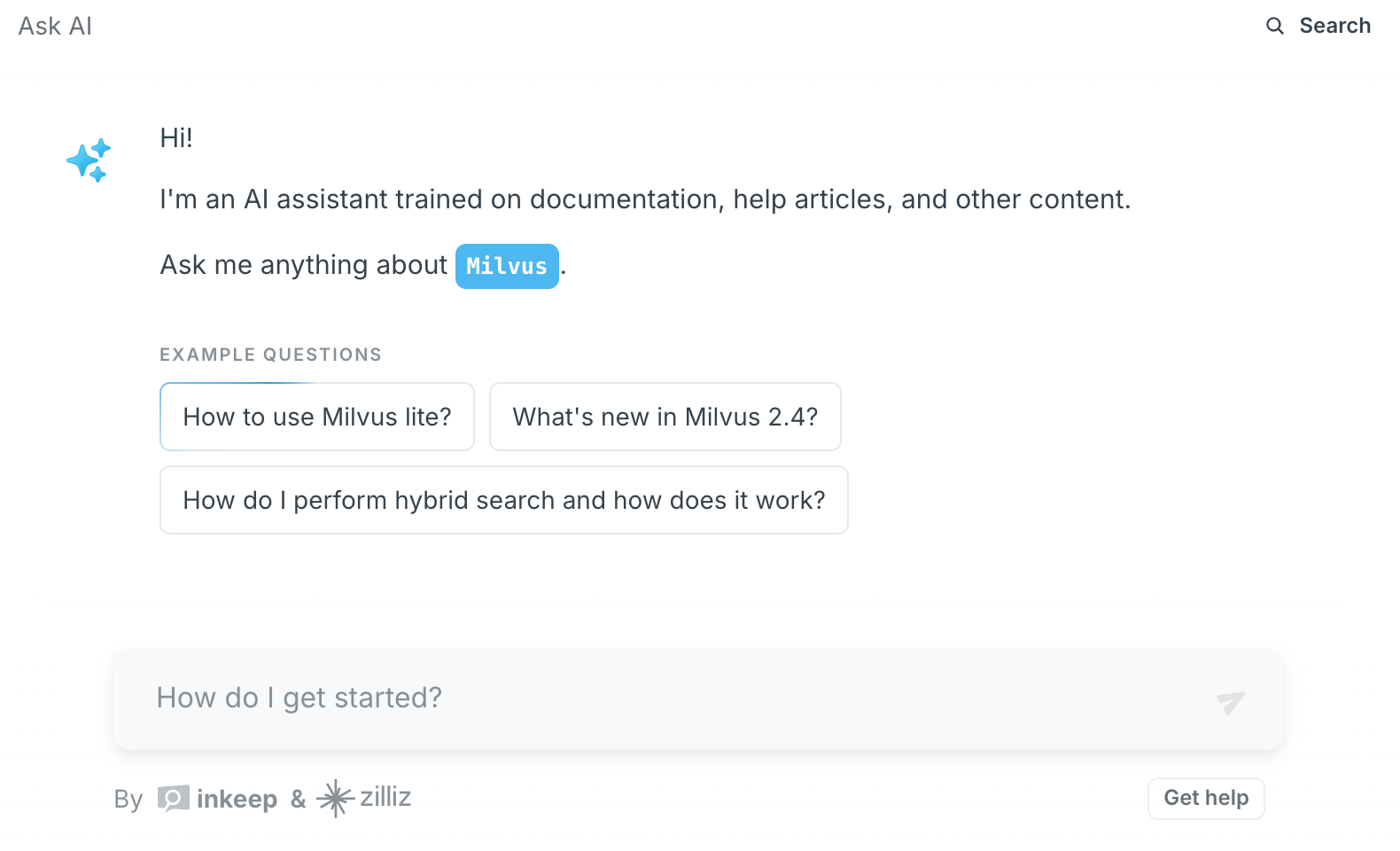What is multi-step retrieval in RAG? Multi-step retrieval, or multi-hop retrieval, in Retrieval-Augmented Generation (RAG) refers to a process where a system performs multiple sequential searches across data sources to gather information needed to answer a complex query. Unlike single-step retrieval, which pulls relevant documents in one pass, multi-step retrieval iteratively refines its search by using intermediate results from earlier steps. For example, if a question requires connecting facts from separate documents, the system might first retrieve a key entity or event, then use that context to query additional sources. This approach is necessary when answers depend on synthesizing information that isn’t directly linked in a single source.
Example Question and Process Consider the question: “What team did the 2020 NBA Finals MVP join after leaving the Los Angeles Lakers?” To answer this, the system must first determine who won the 2020 NBA Finals MVP (LeBron James), then find his team after departing the Lakers (the Cleveland Cavaliers in 2014, but this example is hypothetical for illustration). The first retrieval step identifies the MVP, while the second uses that result to trace the player’s career moves. Without multi-step retrieval, a single search might return unrelated data about the Lakers or the 2020 Finals but fail to connect the MVP’s identity to their subsequent team change. This demonstrates how contextual dependencies between facts necessitate iterative lookups.
Implementation and Challenges In practice, multi-step retrieval requires systems to chain queries dynamically. A RAG pipeline might first extract the “2020 NBA Finals MVP” from a sports database, then pass that result (e.g., “LeBron James”) into a second query about player transfers. Tools like hierarchical retrievers or graph-based databases can model these relationships. However, challenges include error propagation (if the first step retrieves incorrect data) and computational overhead from multiple searches. Developers often mitigate these by implementing validation checks on intermediate results or using dense retrieval models that better handle contextual ambiguity. While complex, this approach is critical for handling real-world questions that demand layered reasoning.
